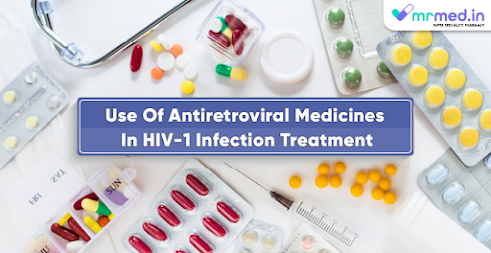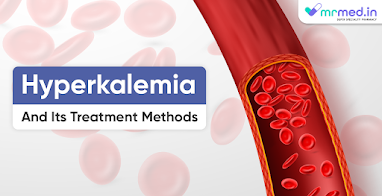Intrahepatic Cholestasis - Causes, Symptoms, and Management

Intrahepatic cholestasis, also known as intrahepatic cholestasis of pregnancy (ICP) when occurring during pregnancy, is a medical condition that involves impaired bile flow within the liver. The liver produces bile, a digestive fluid that aids in the breakdown and absorption of lipids. The natural flow of bile can be disrupted by intrahepatic cholestasis, which may result in a variety of symptoms and problems. Causes: Intrahepatic cholestasis is thought to be caused by a confluence of hereditary and hormonal variables, while its specific aetiology is yet unknown. The hormone oestrogen can influence bile flow during pregnancy, and certain genetic predispositions may increase the risk of having this disorder in some people. Symptoms: The most common symptom of intrahepatic cholestasis is itching, particularly on the palms of the hands and soles of the feet. Other symptoms can include dark urine, light-colored stools, jaundice (yellowing of the skin and eyes), and general discomfort...

.png)
.png)

